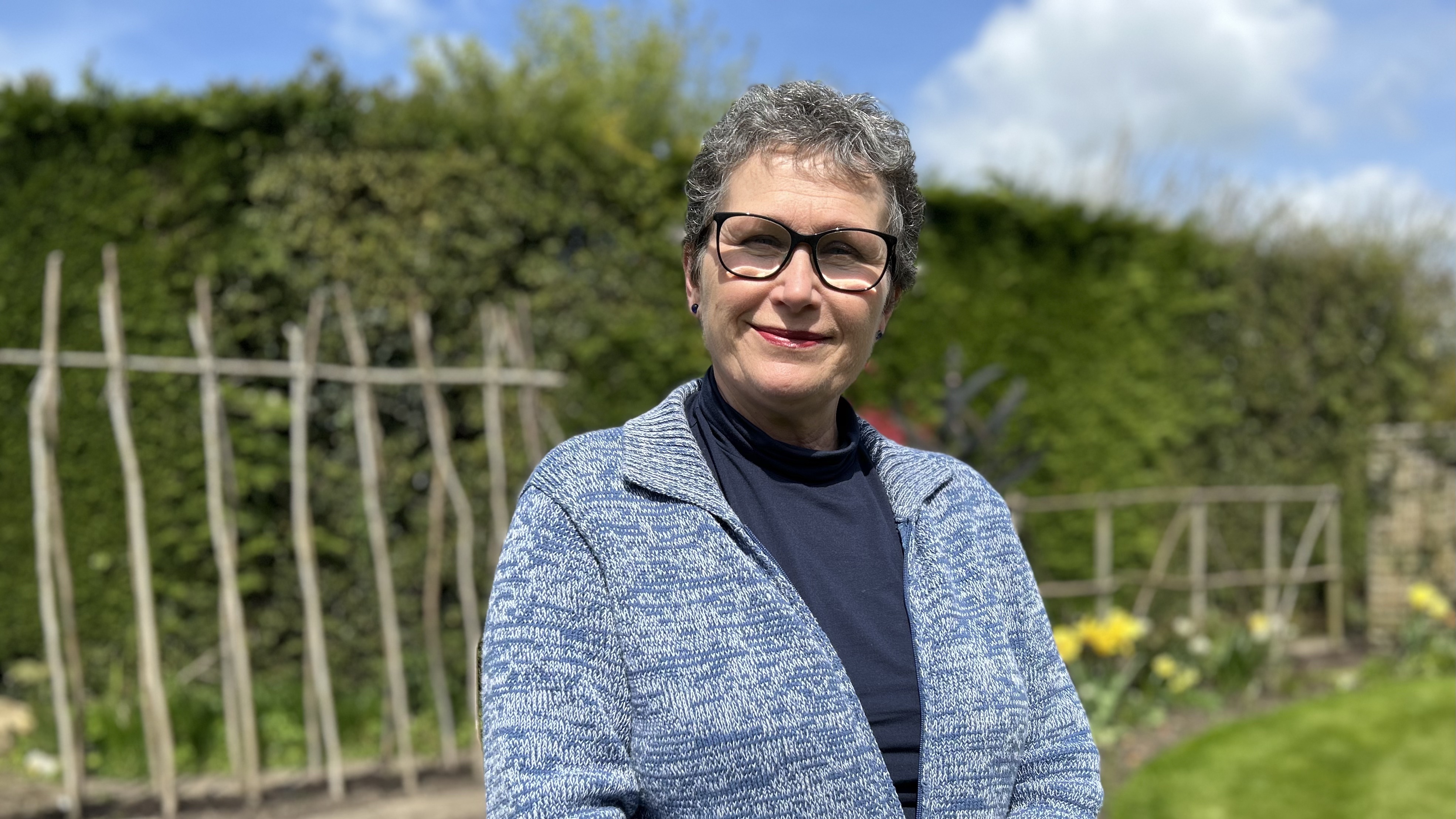
She was born above her father Tom Lumley’s Butcher’s shop in the Market Place in Knaresborough.
Kathleen Cave
My grandmother, Ethel Lumley, was a pioneer, but sadly I never met her as she died at the age of 40 when my mother was only five. She was born above her father Tom Lumley’s Butcher’s shop in the Market Place in Knaresborough. He was from a farming family in Hampsthwaite and had married Elizabeth the daughter of Charles Scholes a respected plumber and captain of Harrogate’s first Fire Salvage crew in Harrogate.
Life was not to be easy for Ethel as her father Tom eloped with her mother’s sister Sarah to Canada when Ethel was only 10 months old. She, her elder brother Charles and sister Gladys moved with their mother back to her grandparents’ boarding house (Eldon House) in Harrogate, run by her grandmother Lizzie and situated at the entrance to Valley Gardens. It was demolished to make way for the new garden entrance in the 1920’s. Many guests who performed at the Royal Hall stayed there including Sir Harry Lauder. Ethel played the mandolin so I imagine the house to be full of music and laughter at that time.
During the latter stages of the First World War, of the many choices she could have made to help with the war effort, she chose to become one of the very first members of the newly formed Women’s Land Army – a choice which would change her life. Lady Denman, the founder of the WI, had been asked by the Ministry of Agriculture to form a Women’s Land Army and a recruitment campaign was launched in March 1917. Volunteers were required to be aged over 18 (Ethel was 26), healthy, physically capable and of the right character - they were looking for stable, robust girls with a good constitution and a positive attitude. I discovered a photograph of Ethel in the Harrogate Advertiser sitting proudly on a horse drawn cart with her fellow recruits. The selection committees chose only 25% of the applicants and she was picked by the Staffordshire group and sent to Metchley Park in Birmingham where she trained for four weeks with 13 other recruits. I wonder what made Ethel stand out amongst the other girls – she had no experience of farming at all? But that was to change and on entering the first government efficiency test of the Land Army girls she was named in the Staffordshire Advertiser of October 1917 as being experienced and allowed to enter all the waggoners’ tests as well as milking by hand and machinery. She was awarded medals and badges for her accomplishments.
She was issued with her uniform of boots, gaiters, clogs, overalls, breeches, hats, a jersey, a mackintosh and a handbook which told her ‘to treat it with respect - no jewellery or lace frills’, and that ‘although you are dressed rather like a man you must take care to behave like an English girl’! Rules included the promise to behave quietly, secure eight hours of sleep every night and avoid communication of any sort with German prisoners. She was also advised to avoid entering a public house and not walk with her hands in her pockets!
She was working on a farm in the small village Gnosall, Staffordshire and this is where she met my grandfather Charles Price who lived and worked on his grandfather’s farm in the same village. They married on the 05 November 1919 at St Mary’s Church in Harrogate and moved to a cottage in Audmore, near Gnosall where their son Frank was born in 1923, followed by my mother Joan in 1926.
Both my mother and Frank were exceptionally large babies of over 11lbs and I suspect that Ethel developed diabetes at that time. She became insulin-dependent and, as it had only been discovered in 1921, doctors struggled to control her sugar levels, resulting in her being hospitalised. My mother could only remember sitting on her hospital bed. Sadly, she died due to a diabetic coma on the 2nd January 1932 aged only 40. I wish I could have heard her stories of life in the Land Army and whether she broke any of those strict rules – I think she may well have done!!